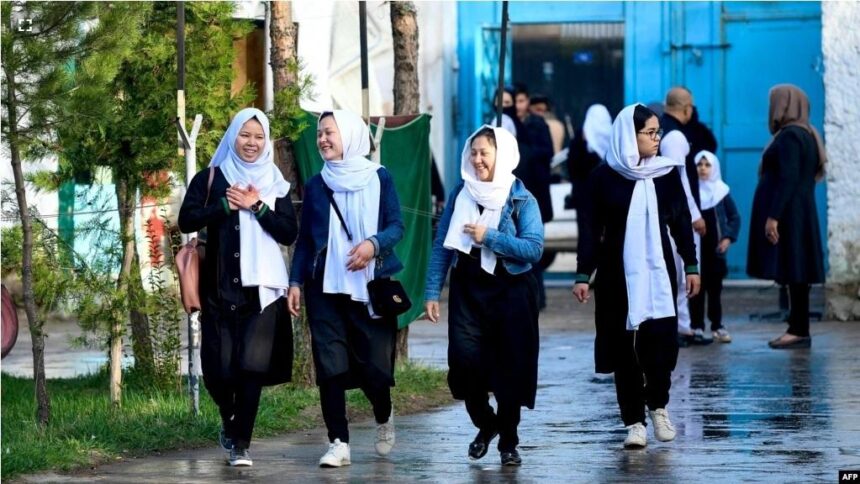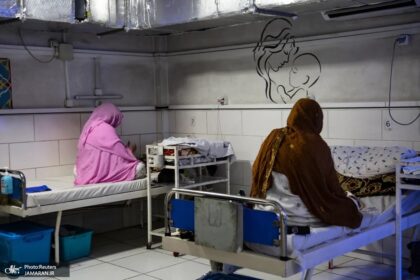RASC News Agency: The United Nations Women’s Agency has raised concerns over the deteriorating support for girls’ education in Afghanistan under Taliban rule, citing alarming reductions that now permeate all aspects of Afghanistan society. On October 30, the UN released a report titled “Summary of Consultations with Afghanistani Women in the Country”, produced in collaboration with the International Organization for Migration (IOM) and the United Nations Assistance Mission in Afghanistan (UNAMA). The findings are based on in-depth discussions with 776 women across Afghanistan’s 34 provinces, conducted both in person and online.
The report reveals that Afghanistani women have observed a marked shift in societal attitudes toward women’s rights, rooted in fears of Taliban reprisals and the rising influence of patriarchal customs. Notably, 47% of respondents reported a sharp decline in community support for girls’ primary education, while 65% expressed similar concerns regarding secondary education support. One section of the report underscores, “The change in social attitudes has generated significant anxiety among female respondents, with some indicating that parts of society now view such restrictions on women as advantageous, suggesting these limitations align with perceived duties and positions of women.
This segment of the population sees secondary education for girls as not only superfluous but even shameful.” Respondents shared that a substantial portion of the community openly opposes women’s education. They noted that, in the absence of access to secondary and higher education, families are now less inclined to value even primary education for girls, which has contributed to diminished aspirations among young female students and a disturbing rise in early marriages.
Since the Taliban regained control in Afghanistan in 2021, they initially closed schools to girls, subsequently suspending female students from universities. Consistently opposing women’s education, the Taliban have imposed a series of increasingly stringent restrictions. Most recently, they have deemed women’s voices as inappropriate in public, with the Taliban Minister for the Promotion of Virtue and Prevention of Vice declaring it improper for one adult woman to hear another’s voice.






